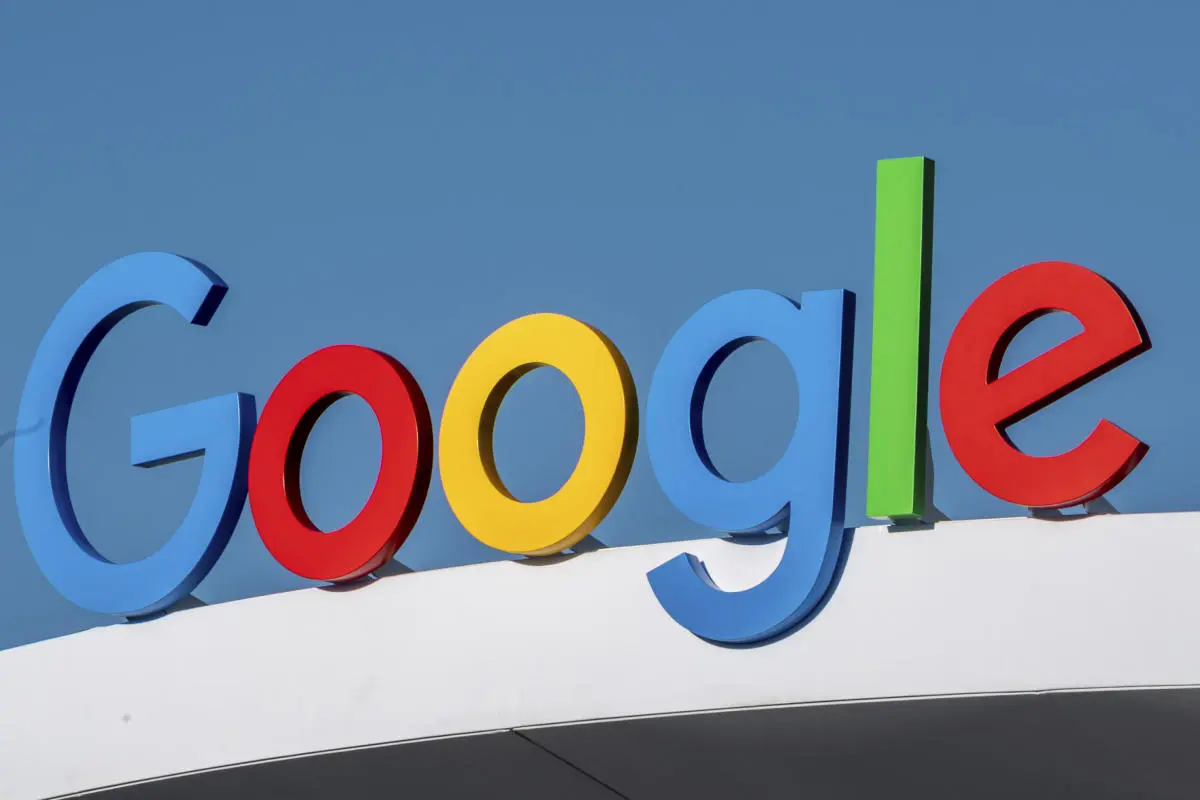Google Search is losing its 'cached' web page feature
Google Search is losing its 'cached' web page feature

www.engadget.com
Google Search is losing its 'cached' web page feature

One of Google Search's oldest and best-known features, cache links, are being retired. Best known by the "Cached" button, those are a snapshot of a web page the last time Google indexed it. However, according to Google, they're no longer required.
"It was meant for helping people access pages when way back, you often couldn’t depend on a page loading,” Google's Danny Sullivan wrote. “These days, things have greatly improved. So, it was decided to retire it."